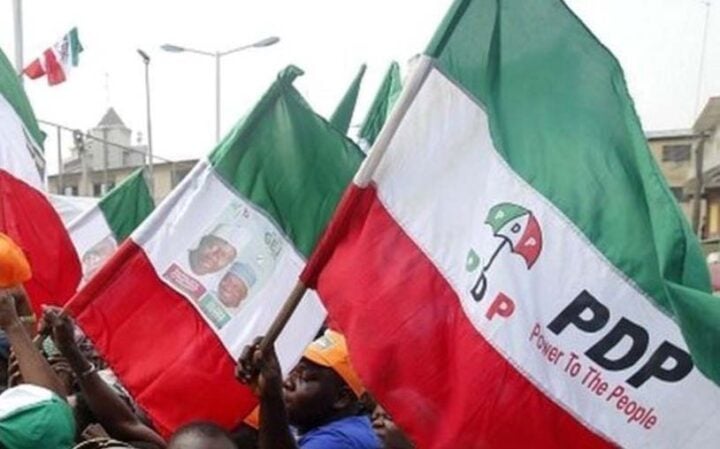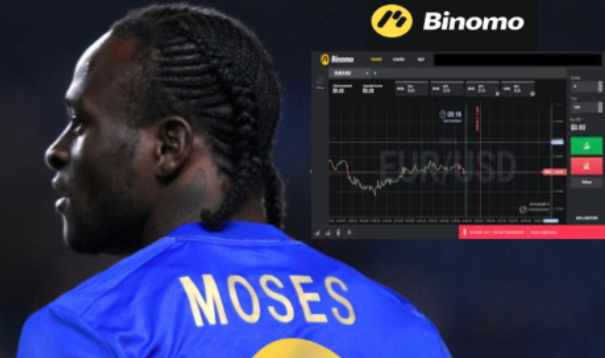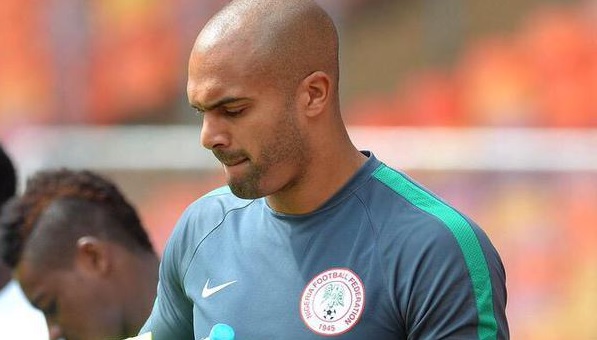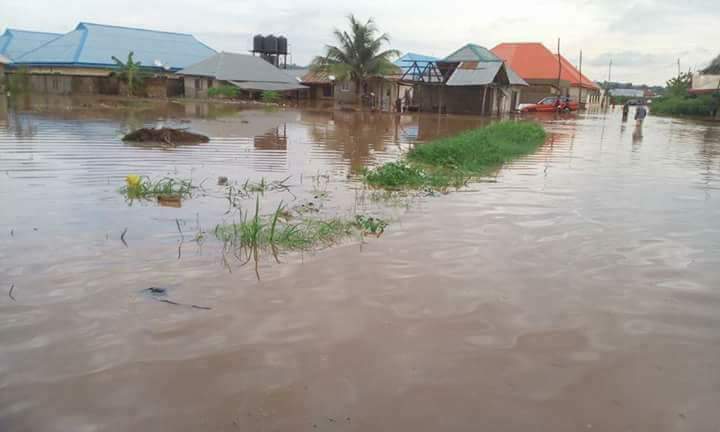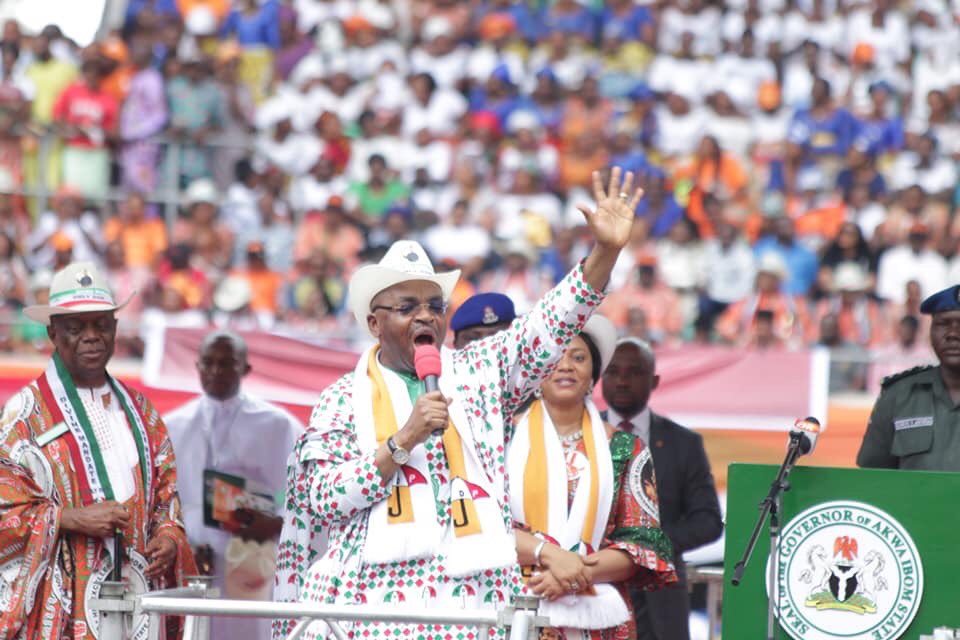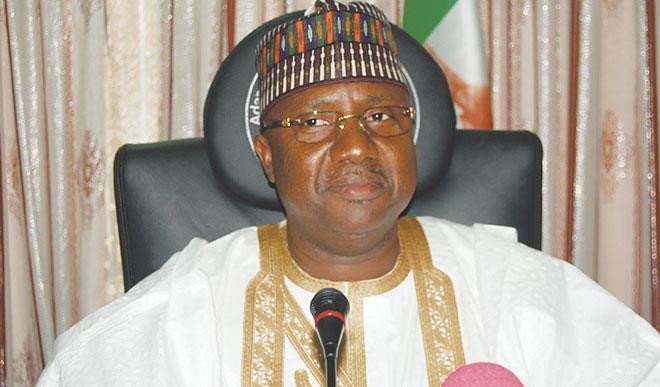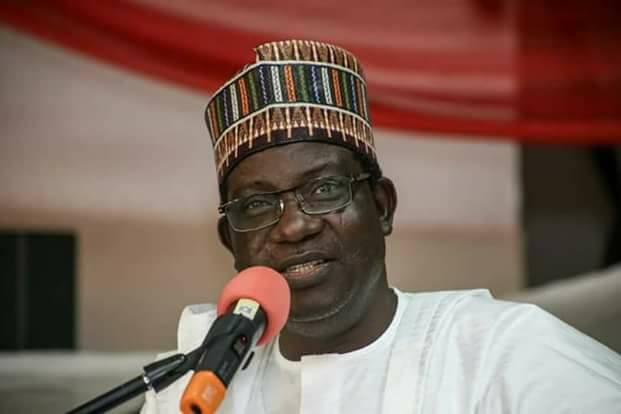Thoughts about Nigerian politics would always wear you out. And that is regardless of whether you are thinking about the politicians or the electorate.
In the colony of politicians, the import of the calling itself is largely centred on what the political actors would gain, that is power and possibly money. Elsewhere, politics, even though accompanied with the ingredients of influence and authority, is essentially about service and accountability.
That the late American Democratic Party stalwart, Mario Matthew Cuomo, once said, “You campaign in poetry. You govern in prose” already tells that every politician has the capacity for deception but in a lot of other places, there are consequences for playing on the intelligence of the people. If nothing else, an elected politician has a tenure of office to prove himself and if he is unable to convince of his ability to impact positively within that term, there are consequences, served on him, hot and spicy, by the same electorate who sometimes, make the inevitable mistake of electing the wrong people.
It is not so in Nigeria. Politicians take office by hook or by crook; they get into office and ride literarily roughshod over the people who never got to have a say in their election in the first place.
Advertisement
Now, it is at this juncture that the electorate are also complicit. True, their will is subverted every now and then but they seem never ready to set themselves free of being star-struck and ever doting on deceptive and thieving politicians thereby allowing themselves to be taken for granted perennially! This is why it is tough to even imagine when Nigerians would break out of the quagmire of the mediocre governance.
As the 2019 elections approach, the prospects presented by the two largest political parties in the country give no hope for the development of democracy or better governance for the country. This is because democracy only thrives where the people really do have very obvious choices. Evidence of alternatives is usually an impetus for incumbents to prove their mettle to the electorate in the hope for a mandate renewal. Lagos State has in the past couple of weeks shown the example of what people get when only one party has dominated affairs. Were other parties in the position of imminent threat to the seemingly almighty All Progressives Congress in the state, the ruling party would be too busy trying to win over the electorate than the ongoing internecine strife.
Now, the Peoples Democratic Party would most certainly raise its hands to be identified as a viable alternative here but that is laughable. In the state under reference, the party, even after the loss of a formidable member two months back is still as torn a-shred as an old, worn-out clothe. Adversity, especially like the death of an ally, would ordinarily make people bury the hatchet and seek the common good but that is not for the Nigerian politicians.
Advertisement
But things are even more ludicrous at the national level. Nigeria is just about four months to its next general elections, one which the PDP says it plans to win. Yet, it cannot, at the moment, tell Nigerians which of its rainbow of aspirants would fly its flag. This is not to say that it is wrong for members of the PDP even in their hundreds to explore their democratic rights of aspiring for office, but a party with the desperate urgency to reclaim power and save Nigerians from the mis-governance that they claim the APC has imposed on them should be a more proactive.
At the last count, the party has about 13 aspirants including former Vice President, Abubakar Atiku; Senate President Bukola Saraki, former Senate President, David Mark; Sokoto State Governor, Aminu Tambuwal; Gombe State Governor, Ibrahim Dankwabo; former Governor of Jigawa State, Sule Lamido; former Governor of Kaduna State, Ahmed Makarfi; former Minister of Special Duties and Inter-governmental Affairs, Kabiru TanimuTuraki; former Governor of Kano State, Rabiu Musa Kwankwaso; former Governor of Sokoto State, Attahiru Bafarawa; a former Plateau State Governor, Jonah Jang; Mr. Stanley Osifo and former Senator, Dr. Baba Datti Ahmed.
While some of these men who were total disasters in less important offices they held would appear to be mere jokers, there is a sense in which they can play the spoiler in the quest of the PDP. Already, some of the aspirants have rejected the idea of a consensus candidate pre-emptive of the consensus committee that the party set up. So, the PDP is not likely to arrive at any consensus candidate without being thrown into rancour. This point is even more easily driven home by the recent exchange between Atiku and Lamido concerning the chances that one would step down for the other.
So, if the consensus option does not work, the next point of the resolution of candidacy would be the presidential primary that it has set for Saturday, October 6, 2018. But even the prospect for a strife-free primary is slim. Reports indicate that suspicions within the party are making the venue of the primary a contentious issue at the moment. So, when trust is so scarce in a party bent on winning elections in four months such that the venue of its presidential primary becomes contentious, what are the chances that the result of the selection process, when it eventually holds, would not be the beginning of the end of the aspirations of the party?
Advertisement
What is most important in all of this however is what the PDP actually hopes to bring to the table for Nigerians. Unlike the APC, which came fresh from the oven in 2015 to whet Nigerians’ appetite on the various possibilities available in its cooking pot, the PDP is as they say it, already well-known, tested and adjudged a failure if the result of the last general election and the avowal of some of recently readmitted members are anything to go by.
Apart from the rhetoric of rebirth that it has continued to spread since its current National Working Committee was elected in December 2017, what concrete philosophy would swing the votes of Nigerians and guide the politics and government of the PDP if it ever gets power back?
While it is true that all of the party’s current aspirants have individual ideas as to how to govern Nigeria, the essence of a political party is to present an overall philosophy within which anyone who emerges from amongst its many aspirants must operate. It is called a manifesto. Does the PDP have this?
What seems to have ruled the political space is the emotional game that politicians play on the electorate. The people almost never ask concrete questions as to how the myriad of promises made by politicians would be achieved. Politicians merely see the failure of the incumbent and weave narratives around how what is should not be. They tell stories about the ideal and paint the utopia, which access way even they do not know. At the end of the day, these men and women of power prove to even be blinder than those they promised to lead out of the wilderness. The PDP once showed Nigerians that level of incapacity, what it should do now is not just to talk but demonstrate its better understanding of politics and governance that puts the people first. Not much of that has been seen so far, yet time is very short.
Advertisement
Twitter@niranadedokun
Advertisement
Add a comment

